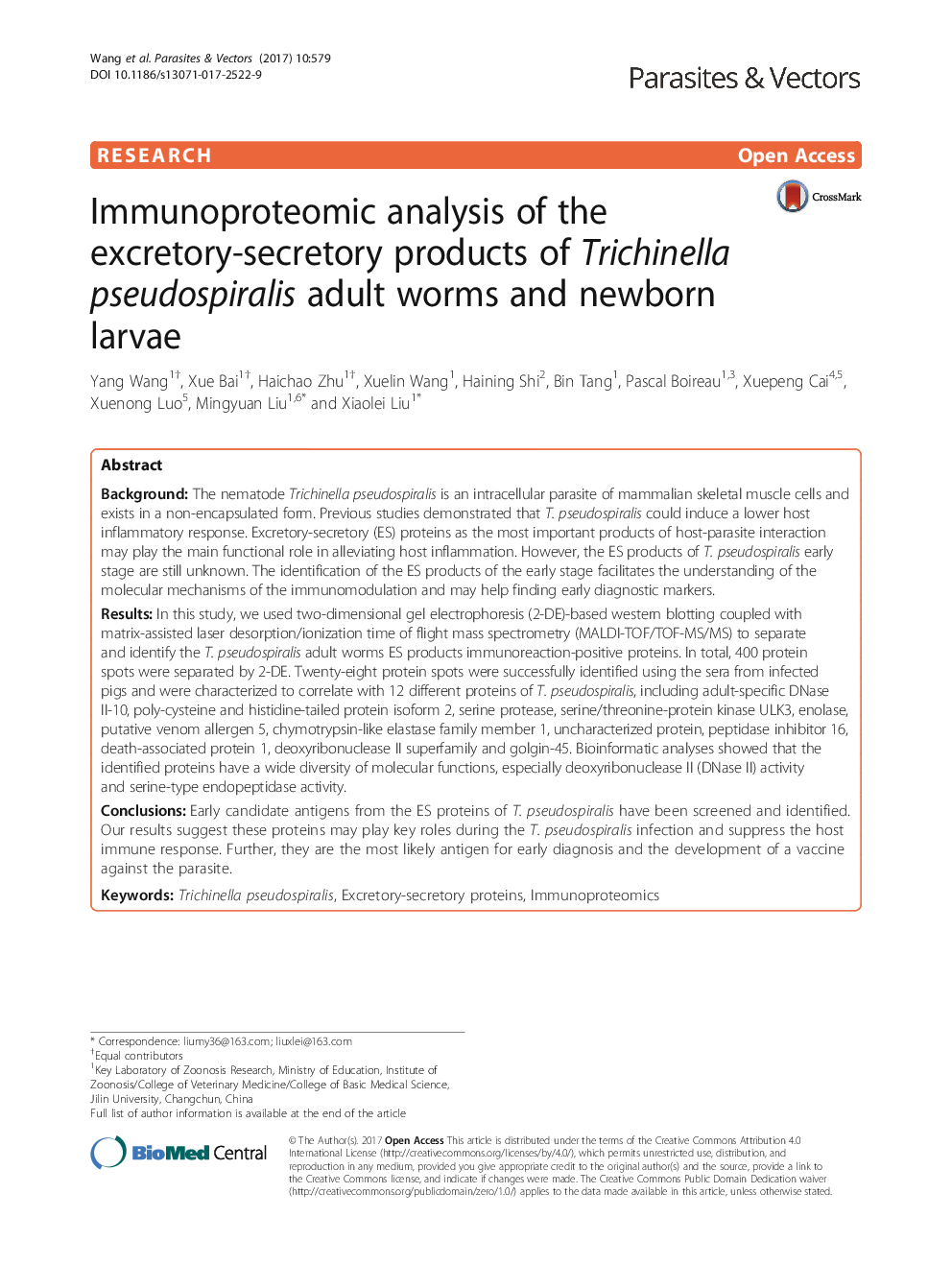| Article ID | Journal | Published Year | Pages | File Type |
|---|---|---|---|---|
| 5584418 | Experimental and Molecular Pathology | 2017 | 9 Pages |
Abstract
Pathological analysis is the cornerstone for diagnosing malignant lymphoma. Status of cytogenetic abnormalities is frequently left unexamined if no evidence of malignancy is found in pathological analysis. In this study, we presented 3 cases in which clonal cytogenetic abnormalities were detected but morphological alterations of the same tissue did not support malignant non Hodgkin lymphoma at the first lymph node biopsy. Case 1 is a 55-year-old female with lymphadenopathy neoplastic process confirmed by flow cytometry and polymerase chain reaction (PCR). Chromosome analysis revealed 47,XX,t(3;22)(q27;q11),+del(9)(p12)[16]/46,XX[4]. The pathological analysis of subsequent lymph node biopsy indicated diffuse large B-cell lymphoma (DLBCL). Case 2, a 74-year-old female, for whom the pathological analysis, molecular studies and flow cytometric analysis of the first lymph node biopsy found no evidence of clonal cell. Cytogenetic analysis demonstrated a terminal deletion of chromosome 7 and 1, and the patient received a second lymph node biopsy and splenectomy. A pathological diagnosis of splenic marginal zone lymphoma (SMZL) was made. In Case 3 who was a 66-year-old female with right cervical and axillary lymph node enlargement. Cytogenetic analysis showed clonal karyotypic abnormalities: 48,XX, t(14;18)(q32;q21) [13]/46, XY [7]. The diagnosis of follicular lymphoma was rendered by the second biopsy of axillary lymph node according to the analysis of morphology and immunohistochemistry. We propose that clonal cytogenetic abnormalities may be a high potential risk for developing non-Hodgkin lymphomas. Follow-up and rebiopsy must be performed in patients who are cytogenetically abnormal but morphologically benign.
Keywords
Related Topics
Life Sciences
Biochemistry, Genetics and Molecular Biology
Clinical Biochemistry
Authors
Ying Wang, Yi Xiao, Xiangyu Meng, Heng Zhang, Qinlu Li, Fankai Meng, Lifang Huang, Chunrui Li, Jianfeng Zhou,
